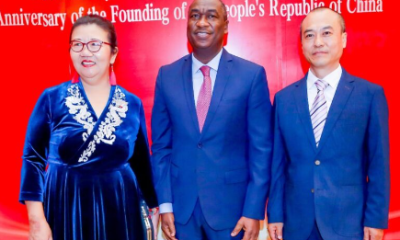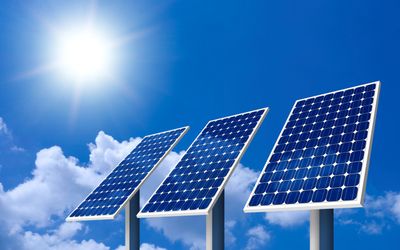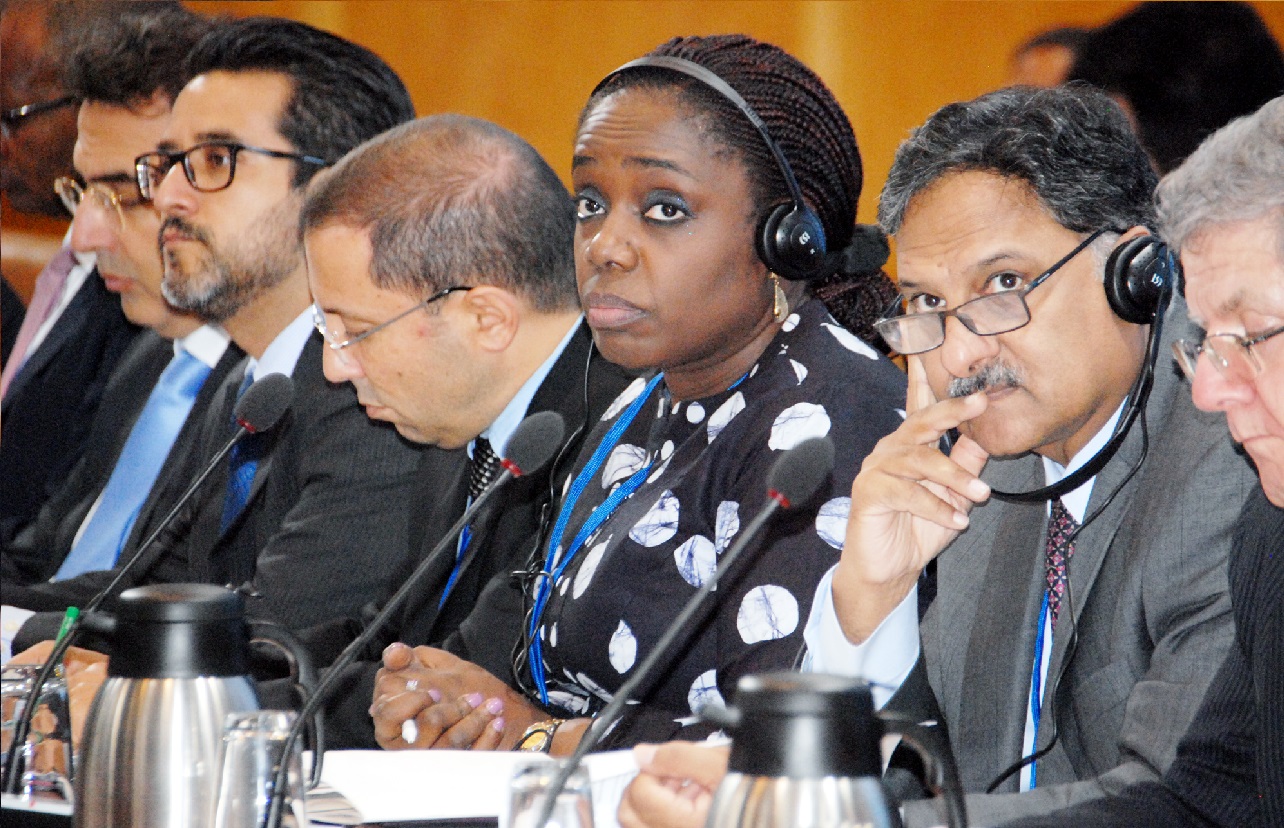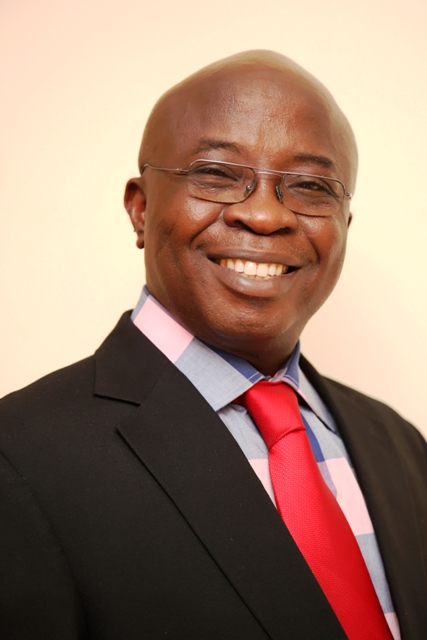Interview
Renewable energy is free, it’s God’s gift to man – Hadiza
Published
10 years agoon
By
Olu Emmanuel
Clean, cheap, inexhaustible sources of electricity every country needs it. But existing investments in power grids built on fossil fuels keeps most countries tied to costly, polluting energy sources. In this interview with Bahijjatu Hadiza, head of Renewable Energy Programme in the Nigeria’s Federal Ministry of Environment explained plans to build a clean-energy grid. Except.
YOU are soliciting investments in sustainable power generation, saying developing clean energy will be both socially responsible and good business. How?
Manufacturers and project developers can come into Nigeria on three fronts. Number one is grid-connected power generation, where you contribute to national development through the grid. We have guarantees that are backed by the federal government of Nigeria and are further backed by the World Bank, so you know your investment is safe.
The second part is off-grid and mini-grid [serving institutions and businesses]. We have banks, mobile telephone operators, where the towers are powered by generators. You know the banks will pay you back. We just need to develop a financial mechanism where it’s convenient for both the investors and the end users, such as the banks and the cel-tel towers that need to convert from diesel generators to cleaner energies.
[Finally] we have the bottom of the pyramid, where we have stand-alone systems for villages, where we need to replace the [diesel] generators and kerosene lanterns with solar systems. With that, we will have pay-as-you-go, where it is easier for families to afford and install solar lanterns and solar systems into their homes. It is cheaper [to operate] than kerosene and petrol, so we are looking for partners [to build systems for] markets, malls, and cottage industries that depend on electricity to make profit.
We’ve registered over two million Nigerian women in a programme we call Rural Women Energy Security to engage in social business opportunities assembling and selling solar lanterns, assembling and selling solar cook stoves.
What are the prospects for succeeding?
Luckily for us, Nigeria is blessed. Renewable energy is free, it’s God’s gift to man. The wind around us; the sun which we have an abundance of in Nigeria; geothermal the heat beneath our feet, hot springs and all. It’s all free, and we’ve been blessed immensely with natural resources. We should be able to lead the market in renewable energy in Africa.
All we need to do is put our act together to ensure it is commercially viable. We need to be able to have partners that see Nigeria as a good investment destination. We need to educate our very, very enterprising and intelligent youth to be able to come into the ‘green field’, to be able to develop our country sustainably.
At the moment, Nigeria’s energy practices are the opposite of sustainable?
Yes, we have an unenviable position as the world’s largest importer of diesel and petrol generators, and we’re spending a lot of money. There is no village in Nigeria where there is no household without a diesel or petrol generator. There are also kerosene lanterns and oil wicks to light. So, we are already polluting just to generate electricity or to light our homes in Nigeria.
However, the prospect for renewable energy is immense. Nigerians are spending five times to ten times the amount every single day to generate their own electricity compared to wind or solar. Switching over is much, much cheaper because the cost of petrol, daily, is higher than that of solar. Now, solar panels are becoming cheaper every day. That will help with national security, with creating jobs, help so that shops and markets remain open for longer hours they don’t have to close because it’s getting dark. Also, our children can study for longer periods.
You’ve said renewable energy can improve health for Nigerians, How?
In healthcare it’s very important. Renewable energy will be able to power [so many essential services]: rural healthcare clinics, to be able to deliver healthcare; storage facilities for vaccines, to keep them safe and healthy for use; audio visual aids, for family-planning videos that are shown in rural communities, to show women how to plan their families; to have diagnostics systems and x-ray machines.
It’s very important for healthcare providers to be able to learn and continue to learn online. It’s a very important component of healthcare that we shouldn’t turn away from. We need to scale up now.
Also, we have a campaign called “Brief Life” about indoor air pollution. Cooking with charcoal affects the health of many women. Reading using kerosene lanterns and oil wicks affects the lungs of children. A woman shouldn’t be choosing between cooking and being healthy, or a child choosing between reading and staying healthy.
Why do you say Nigeria should be a leader in clean energy?
From a global point of view, Nigeria is a signatory to Kyoto, that’s number one. Nigeria was also a founding member of the Climate and Clean Air Coalition. Nigeria is the most populous black nation. Nigeria is the biggest African country, and Nigeria has a beautiful flag that is green white, and green so we have a double responsibility to going green!
To get serious about it, you do it for the climate and health, because of indoor and outdoor air pollution. You do it for education, for women’s empowerment. You do it for job creation. You do it for national development.
Nigeria should be developing with ‘sustainable development’ and a minimal carbon or ecological footprint. We shouldn’t do it like those before us, who polluted and contributed to global warming. Those are the main reasons why we should embrace renewable energy and clean development.
You may like


Lagos State reinforces ties with China


FG to partner with UAE on renewable energy, cutting-edge technology — minister


EU approves 165m euros assistance on renewable energy in Nigeria


Infrastructural Devt: Nigeria asks World Bank, IMF to scale up Renewable Energy


Lawmaker canvases for infrastructural renewal, development in Badagry
Trending

 Health5 days ago
Health5 days agoDeclassified CIA memo explored concealing mind-control drugs in vaccines

 Entertainment7 days ago
Entertainment7 days agoSimi addresses resurfaced 2012 tweets amid online backlash

 Crime6 days ago
Crime6 days agoSenior police officers faces retirement after Disu’s appointment as acting IGP

 Education1 week ago
Education1 week agoPeter Obi urges JAMB to address registration challenges ahead of exams

 Health1 week ago
Health1 week agoNAFDAC issues alert on suspected revalidated SMA Gold infant formula

 Comments and Issues6 days ago
Comments and Issues6 days ago20 Critical Fixes to Save Nigeria’s Democracy from Electoral Fraud

 Football7 days ago
Football7 days agoMartínez ruled out of Everton clash with calf injury

 Latest6 days ago
Latest6 days agoICPC yet to respond to El-Rufai’s bail request as arraignment date looms

